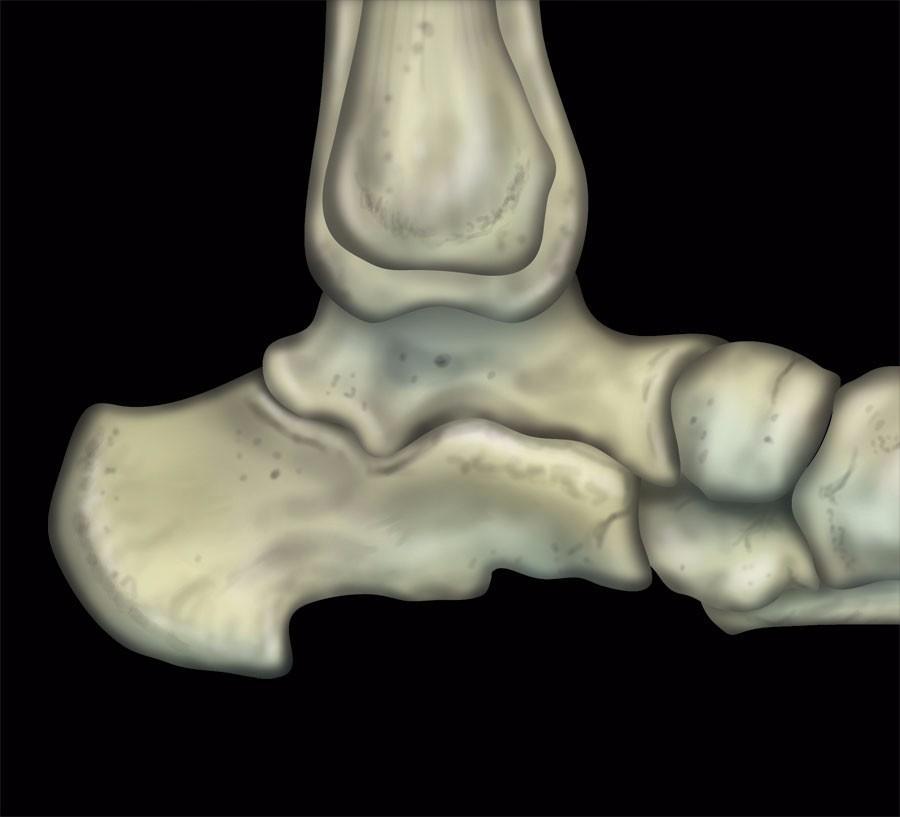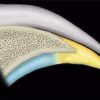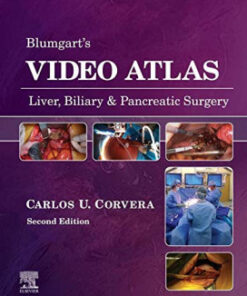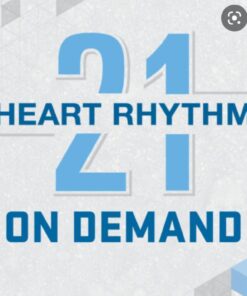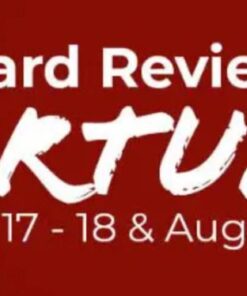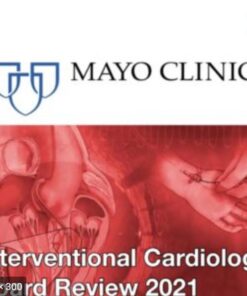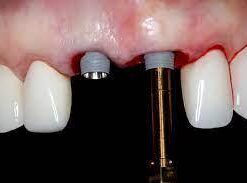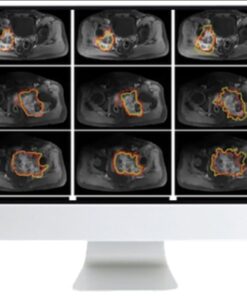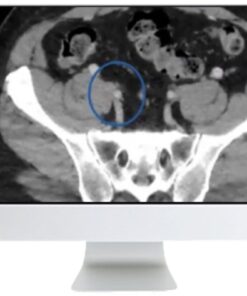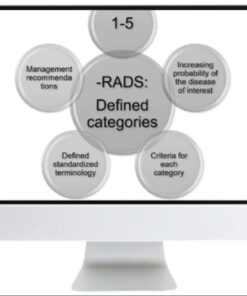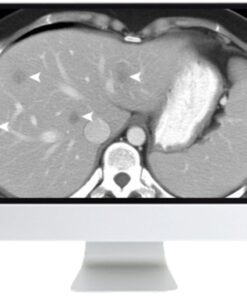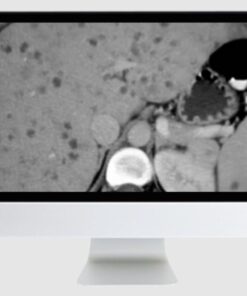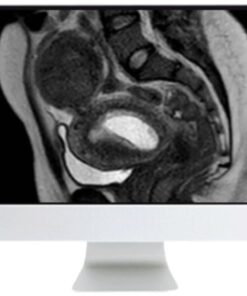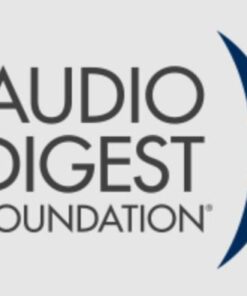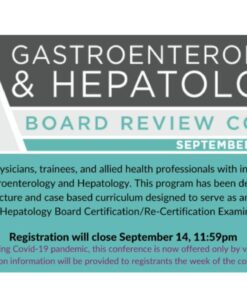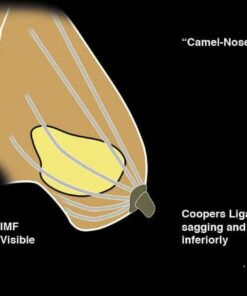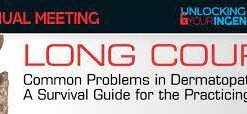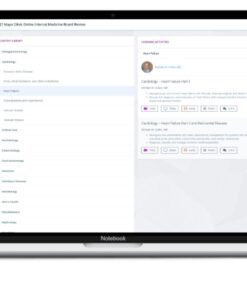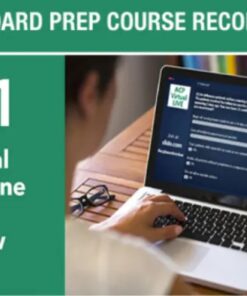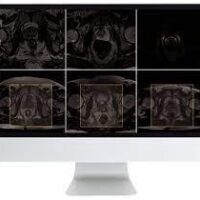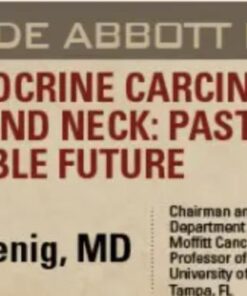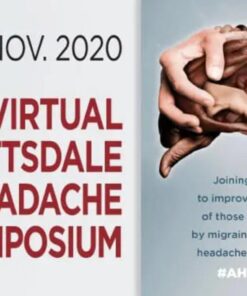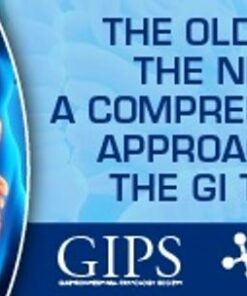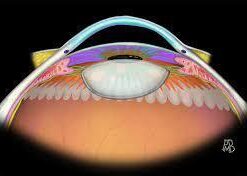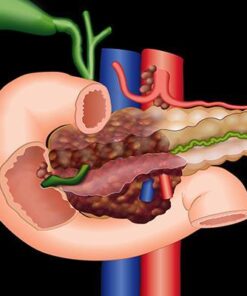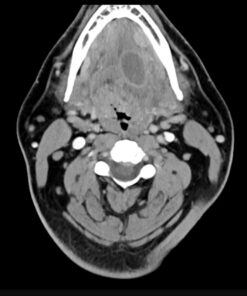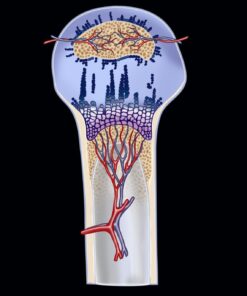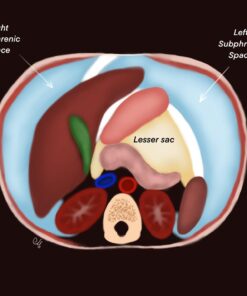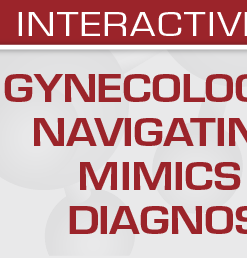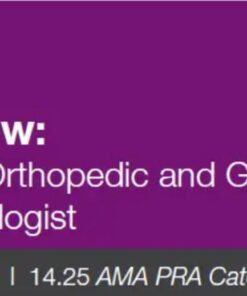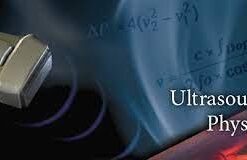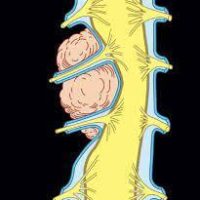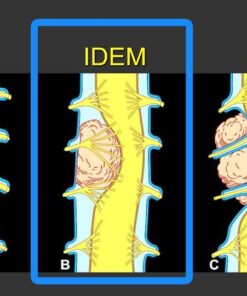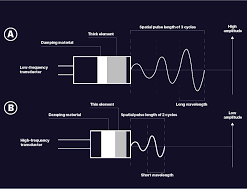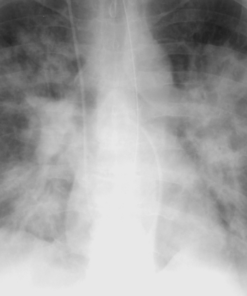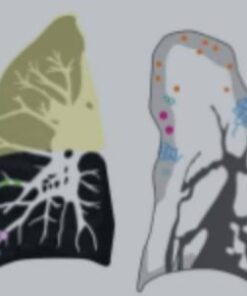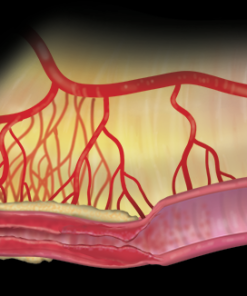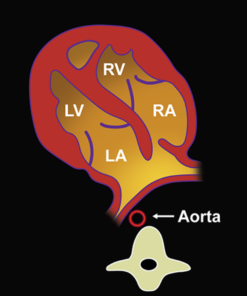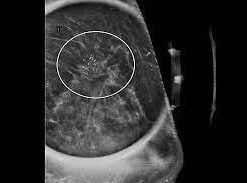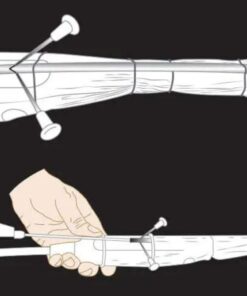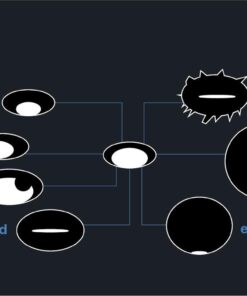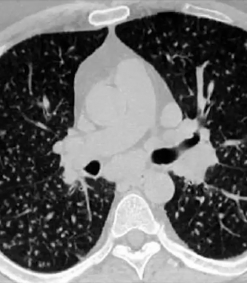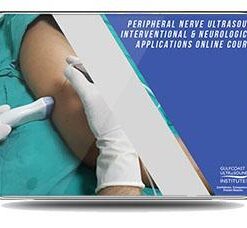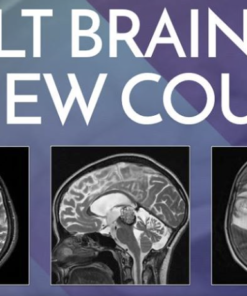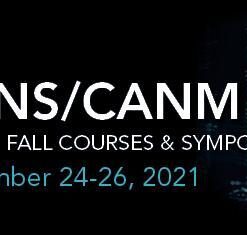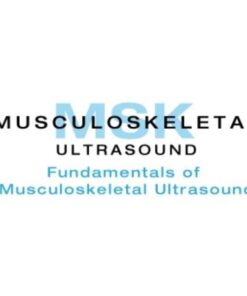MRI Mastery Series: Ankle 2017
People take their ankles for granted, and it shows in the frequency and mechanism of injuries to this joint. Whether it’s a game-time injury featuring an athlete or a grocery store parking lot accident involving your elderly neighbor, reading an ankle MRI entails participation in decisions about a patient’s mobility and therefore their quality of life. Some patients can’t wait to bear weight again ASAP (along with their parents/coaches/spouses), others have numerous health issues and experience pain with flexion or extension, inversion or eversion.
There’s a lot to consider in this hinge joint and its associated tunnels and attachments – fractures/dislocations usually come with associated ligamentous and tendinous disruption. If you aren’t lucky enough to get a detailed or accurate report of the mechanism of injury, you may be using corollary clues to piece together your evaluation. Which damage is acute and which is chronic? How stable is the ankle? Is nerve injury a factor? Don’t get us started on bone and soft tissue masses. In addition to discerning orthopedic surgeons, you may also field referrals from busy podiatrists who know their field thoroughly and expect the same from their imagers.
The ankle need not be your – “ahem” – Achilles heel. Take a spin through our Ankle MRI Mastery Series (anatomy, protocols & sequences, extensive case review) and sharpen your skills proactively, or consult as-needed for tricky cases to buff up your awareness of Lisfranc, syndesmotic, coalition, or Charcot appearances. You might be called upon to vary a protocol, evaluate multiple previous injuries, or discuss accessory muscles, ossicles or bones. All of these topics and more are covered in our Mastery series, supplemented by our Professional, Case Review and Advanced Orthopaedic and Joint Series. If they’re anything like ours, your referrers may be pretty knowledgeable about what they can see, and they will expect you to be even more so. Don’t sprain your brain – rise to the challenge, demonstrate your grading prowess and establish yourself as a go-to reader in this musculoskeletal field where the volume of patients can be as large as the injury variation is wide.
Ankle MRI Anatomy & Diganosis Covered in this Course
- Achilles tendon injury
- Ancillary stabilizers
- Anterior tarsal tunnel space
- Anterior tarsal tunnel syndrome
- Charcot foot vs reactive arthritis
- Coalition
- Collateral ligaments
- Deep peroneal nerve
- Deltoid ligament
- Extensor digitorum longus
- Extensor hallucis longus
- Fibromatosis
- Instability
- Inversion injury
- Lisfranc injury
- Lisfranc joint
- Masses
- Medial plantar nerve
- Osteoarthritis
- Osteochondral defect of talar dome
- Peroneus brevis
- Peroneus longus
- Plantar fasciitis
- Posterior tibial tendon
- Saphenous nerve
- Sensory nerve supply
- Sinus Tarsi Syndrome
- Sprains
- Superficial peroneal nerve
- Sural nerve
- Syndesmosis widening
- Tibial nerve
- Tibialis anterior tendon
- And much more…
Topics :
Using Foot and Ankle Coils – 4 min
Sagittal Plane: Sequences (56-year-old male) – 5 min
Sagittal Plane: Field of View – 4 min
Axial Plane: The Strengths of the Short Axis Projection – 8 min
Special Sequences and Pitfalls – 6 min
Utility of the Additive Gradient Echo Sequence – 5 min
Using Neutral Positioned Scans – 7 min
Using Low Field in Ankle Imaging – 6 min
Expanded Field of View on 1.5 Tesla – 6 min
Ligamentous Anatomy – 3 min
Posterior Ligaments in the Coronal Plane – 3 min
Anterior Ligaments in the Coronal Plane – 2 min
Anterior Ligaments in the Sagittal Plane – 2 min
Posterior Ligaments in the Sagittal Plane – 3 min
Collateral Ligaments in the Axial Plane – 6 min
Lateral Collateral Ligamentous Anatomy in Plantar Flexion – 2 min
Deltoid Ligament Anatomy – 4 min
Deltoid Ligament in the Axial Plane – 2 min
Deltoid Ligament in the Sagittal Plane – 2 min
Deltoid Ligament in the Coronal Plane – 3 min
Deltoid Ligament: Origins and Insertions – 3 min
Lateral Superficial Ligaments – 1 min
Introduction to Tendinous Anatomy – 3 min
The Achilles Tendon – 5 min
The Posterior Tibial Tendon – 4 min
Lateral Tendon Anatomy: Peroneus Brevis & Longus – 4 min
Tracking the Peroneus Brevis – 3 min
Tracking the Peroneus Longus – 6 min
Tibialis Anterior Tendon – 4 min
Extensor Hallucis Longus – 3 min
Extensor Digitorum Longus – 4 min
Extensor Digitorum Longus: Pitfalls – 5 min
Anterior Tarsal Tunnel Space – 2 min
Anterior Tarsal Tunnel Syndrome – 4 min
Deep Peroneal Nerve – 2 min
Superficial Peroneal Nerve – 2 min
Sural Nerve – 2 min
Saphenous Nerve – 2 min
Tibial Nerve – 2 min
Sensory Nerve Supply – 3 min
Medial Plantar Nerve – 5 min
Lateral & Medial Plantar Nerves – 5 min
The Lisfranc Joint – 6 min
Columnar Mid-foot Anatomy – 1 min
Ancillary Stabilizers in the Mid-Foot – 4 min
Lisfranc Injury Classifications – 2 min
Classifying Lisfranc Injury on MRI (10-year-old female) – 5 min
Case Review: 52 Year Old Female – Fell and Now Has Inversion Injury – 7 min
Case Review: 10 Year Old Female with Fracture – 6 min
Vertullo Classification – 10 min
Case Review: 20 Year Old Male with Syndesmosis Widening – 12 min
Case Review: 24 Year Old Male Professional Athlete with an Inversion Injury – 8 min
Case Review: 24 Year Old Male Athlete – Continuing the Search – 7 min
Case Review: Posterior Ligaments – 1 min
Case Review: 55 Year Old Man with Prior Fracture, Swelling, Pain in the Talar Neck and Posterior Ankle – 10 min
Case Review: 23 Year Old Female with 2 Prior Ankle Sprains – 5 min
Case Review: 32 Year Old Man with Pain and Tenderness in the Sub-talar Space – 9 min
Case Review: Teenager with Ankle Pain – Rule Out Fracture/OCD – 9 min
Case Review: 41 Year Old Female with a Jumping Injury – 11 min
Case Review: 11 Year Old Male with Painful Foot Six Months Post Fall – 9 min
Case Review: 52 Year Old Female, Twists Ankle in Shoe and Can No Longer Bear Weight on Foot – 4 min
Case Review: 6 Year Old Female Presents with Foot Pain and Stiffness – 6 min
Case Review: 68 Year Old Man with Hind-foot Pain – 14 min
Case Review: 63 Year Old Male with Medial Ankle Pain – 10 min
Case Review: Peroneus Brevis G.O.A.T. Case – 4 min
Case Review: 56 Year Old Male with Osteoarthritis and Instability – 11 min
Case Review: 67 Year Old Male with Painful Medial Bump – 6 min
Case Review: 55 Year Old Female with Posterior Tibial Tendon Dysfunction and Sensation of Instability – 4 min
Case Review: 58 Year Old Male with Masses that are Increasing in Size – 6 min
Case Review: 26 Year Old Male Athlete – Unable to Push Off with Foot Due to Pain – 7 min

